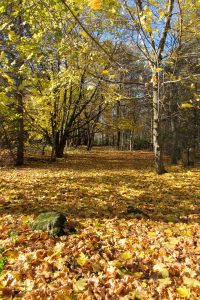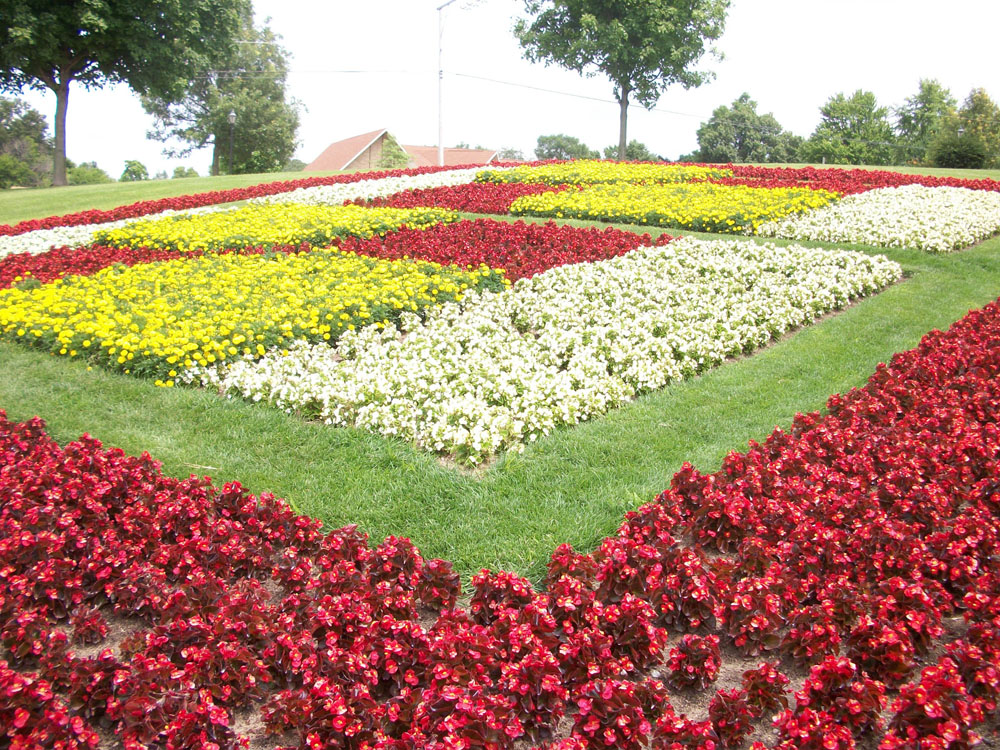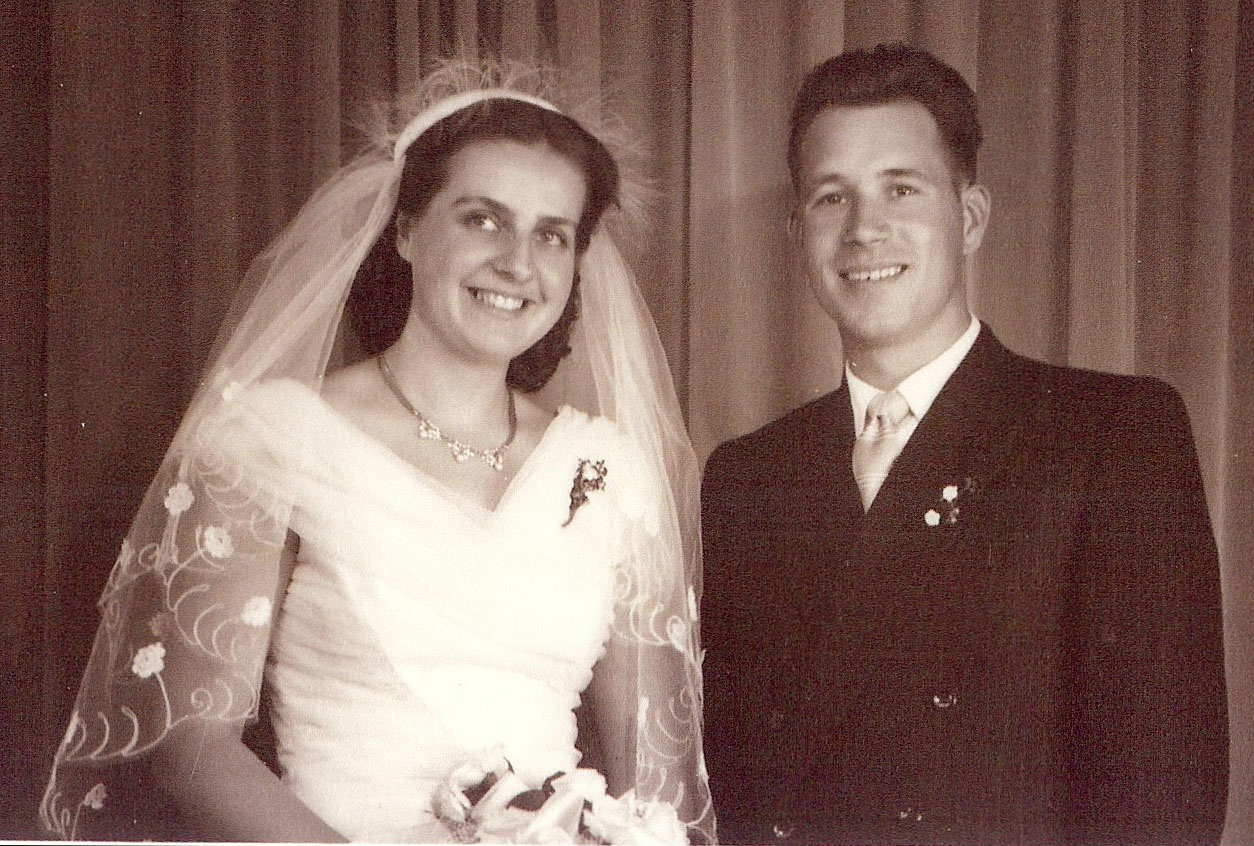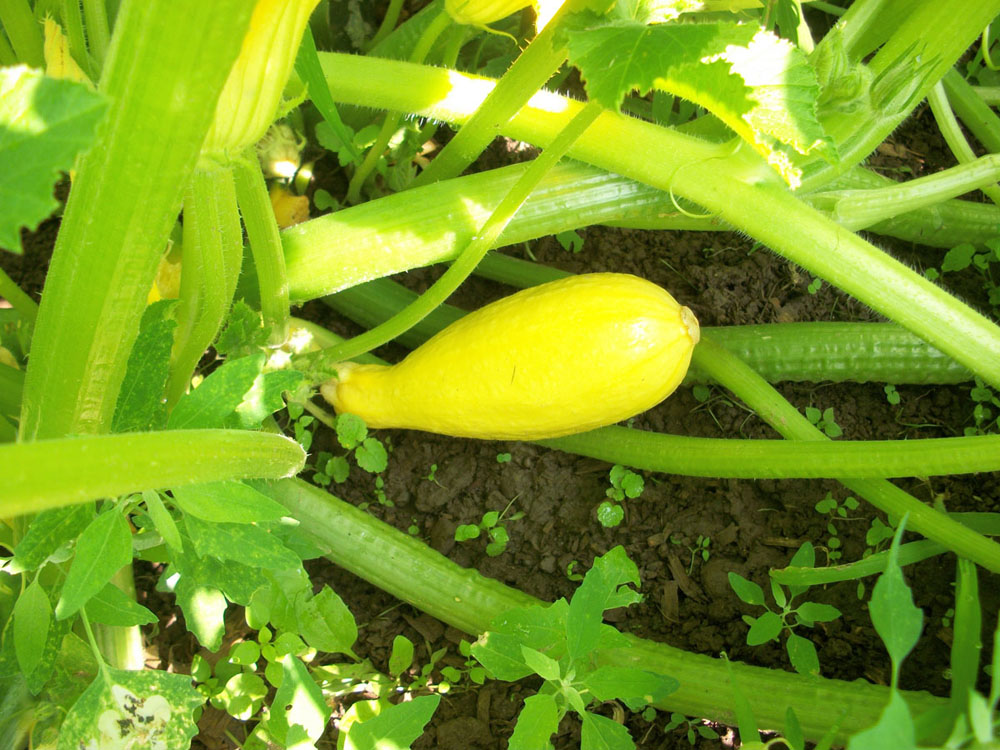Those Autumn Leaves – an organic goldmine
Most of our colorful autumn leaves are now on the ground and you may already have raked them away, but if you are interested in growing organically, those leaves can be a natural fertilizer and protective mulch for your garden beds.

Organic gardening is all about the soil – feeding the billions of living organisms as well as the earthworms that live in your soil. According to Penn State Extension, this feeding of the soil – instead of feeding your plants – creates healthier soil and promotes plant growth with deeper roots. Deeper roots result in healthier, more self-sufficient plants.
Leaves are nature’s way of nurturing the soil. Nothing goes to waste in nature – nothing. Dead material from plants and animals is used to feed living plants and animals as well as nourish the soil. This is how soil is built up in the forest to support tree growth – leaves fall, decompose and produce rich, dark soil.
When you compost organic materials, you are speeding up that natural process and adding the finished compost to your garden soil. You can compost your autumn leaves, or you can just place them directly on top of your garden soil – chopped-up or not – and they will act as a winter-mulch and eventually break down to build up the soil.
Chopping the leaves with your lawn mower and leaving them on the lawn can also produce healthier roots for your grass plants.
Another benefit to making use of your leaves is keeping them out of landfills. According to the EPA, as much as 50 percent of waste in landfills comes from plant debris – mainly grass clippings and leaves.
When you mulch your gardens with leaves and grass clipping in autumn, you are supplying nutrition to the soil, helping to retain moisture and providing a breeding ground for good microorganisms.
If you are interested in going to a no-till vegetable garden, a thick layer of leaves and grass clippings in the fall is a great way to get started. No-till gardening can save you work, eliminate a good portion of weeding and improve the health of your soil. When you till-up your soil, you destroy much of the hard work done by beneficial microorganisms. Tilling also chops up earthworms and microorganisms and exposes buried weed seeds to light and oxygen, causing them to germinate.
In your perennial beds and borders, leaves and grass clippings used as mulch also help to provide a layer of insulation – very important if we have a cold, dry winter. The blanket of organic material will help to prevent heaving of the soil and protect the crowns of your plants.
Just as in your vegetable garden, a mulch of leaves will help retain soil moisture and retard the growth of weeds. Where leaves have collected in my perennial beds this fall, I have left them alone.
Shredding the leaves can help speed the rate of decomposition, especially if you are adding them to your compost pile. The University of Minnesota Extension says leaves can be difficult to compost alone and will require extra nitrogen – grass clippings are a great way to add that organically.
If your leaves are from trees with diseases such as apple scab, anthracnose, or leaf spot, remove and destroy them to prevent over-wintering of disease organisms and possible re-infection of new leaves next year.
In regards to tar-spot on maple leaves, Cornell Cooperative Extension says your compost pile will not heat up enough to kill the fungus. However, tar-spot does not damage the trees, and other infected trees in your neighborhood can pass the disease on to your trees no matter how meticulous you are. If you don’t mind the spots, you can add the leaves to your compost.





